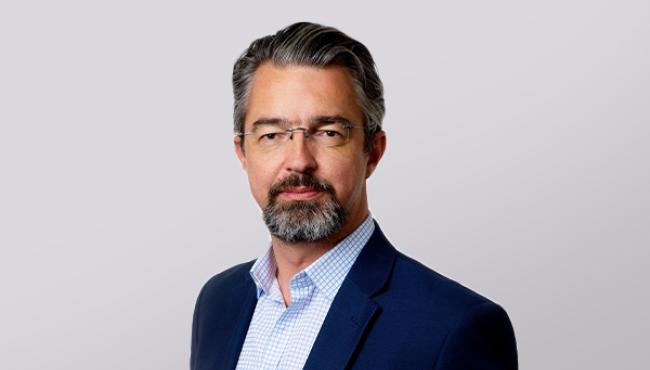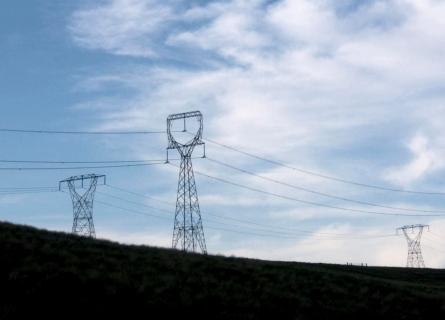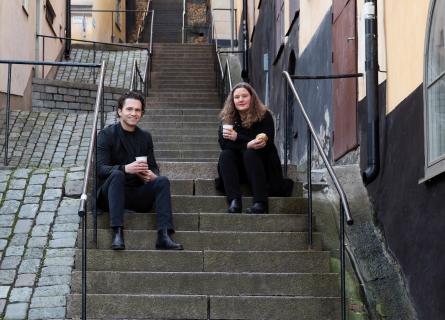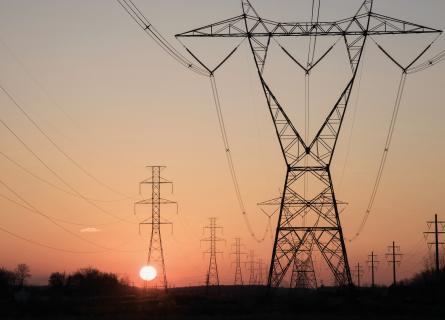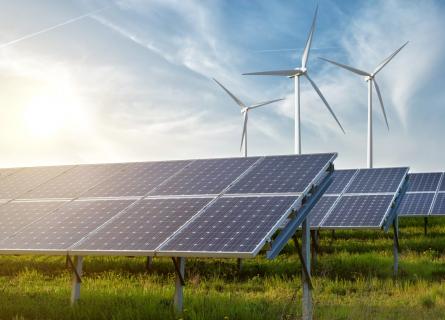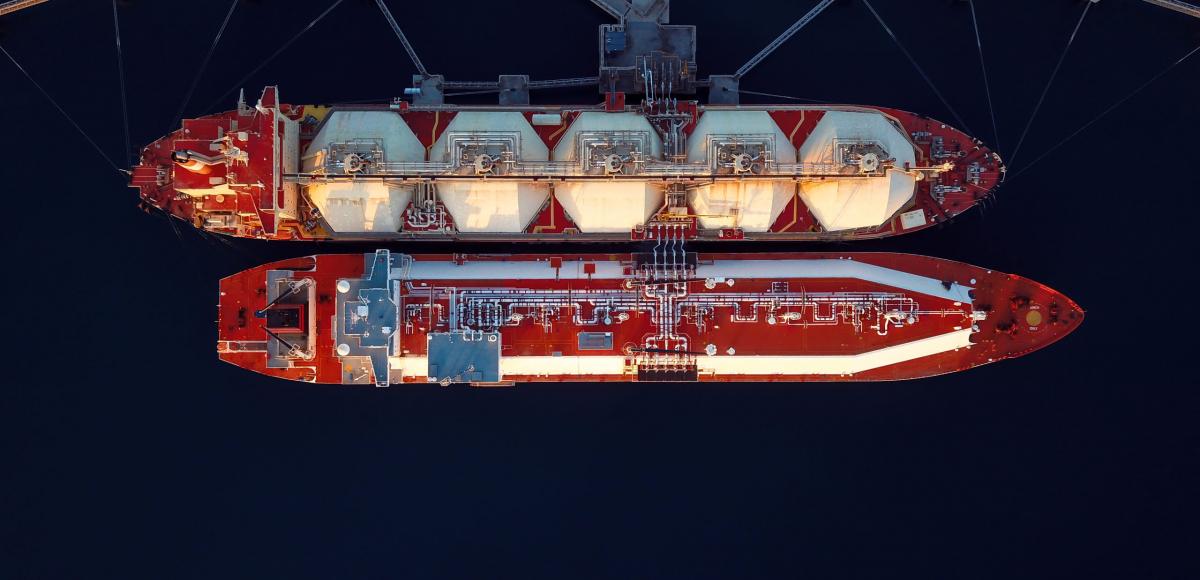
The maritime sector's green transition
Global and European legislative context justifies and encourages the green transition of the maritime sector, to be achieved both in ports and at sea. Emissions caps on navigation and at hoteling, as well as environmental and climate strategies, play a pivotal role. The transition towards a green fuel alternative for transport and passengers is one of the key elements of the EU Green Deal plan and is part of the long-term 2050 strategy aiming at a zero GHG emission economy in line with the Paris agreement adopted at COP21.
Currently, the maritime sector accounts for 13% of EU CO₂ emissions in the transportation sector, the great majority of which take place at sea during navigation. Nevertheless, ships at ports also emit GHG and polluting gases (NOx, SOx, PM), which represents a significant problem in urban areas. The establishment of a network of cold ironing (onshore power supply or shore-side electricity) represents a simple technical solution to positively impact emissions at the harbour. Connecting ships to the grid while they are berthing in ports allows coverage of on-board energy demand using electricity from the grid, switching off the auxiliary engines and avoiding on-board generation of electricity using MGO (marine gas oil).
The electrification of ports brings significant and permanent environmental and acoustic benefits in port areas, reducing polluting/GHG emissions and vibrations, thus improving the well-being of the population living in close proximity to the ports as well as workers and passengers. Local pollutants and GHG emissions can even be completely eliminated by leveraging on 100% renewable generation.
The establishment of cold ironing facilities in ports requires a suitable and homogeneous regulatory framework, strong coordination among all the stakeholders operating in ports, as well as between port authorities, and a proper public support.
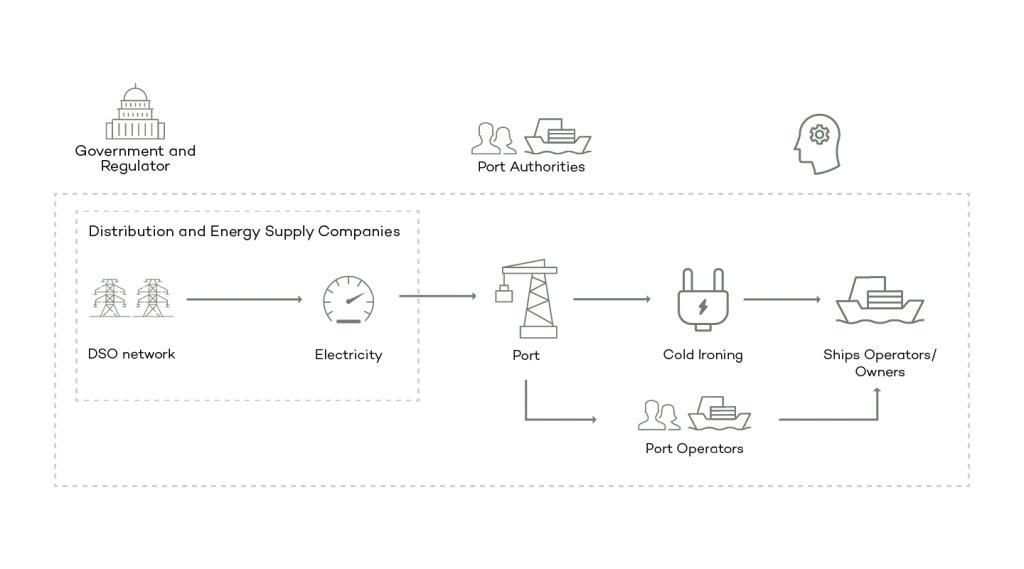
Competitive electricity tariff charges to stimulate the use of the onshore facilities are an important precondition to create a profitable business for ship owners embracing the green transition. Only the adoption of a holistic approach can reduce risk and support private and public operators in taking investment decisions.
Unless a ship is already equipped for cold ironing, ship retrofit is needed in order to make connection with the electricity grid technically feasible. For this reason, a “chicken and egg” challenge has to be overcome in order to effectively facilitate the maritime green transition: the diffusion of a capillary infrastructure in ports will encourage ship operators/owners to convert their fleet, providing so the necessary demand to make onshore investment sustainable in the long-term.
Given AFRY Management Consulting's key role as leading advisor for the energy transition, we were offered the opportunity to collaborate with Enel X in understanding the technical, regulatory, market and strategy aspects of the electrification of harbours using cold ironing. The work carried out initially focused on Italian ports and, given the strong interest, subsequently extended to Spanish, Greek and Romanian ports with the aim of defining a joint electrification initiative.
If you would like to discuss the complexity of the decarbonisation of the maritime sector with AFRY Management Consulting, feel free to contact our experts. We are looking forward to supporting your investment decision!

